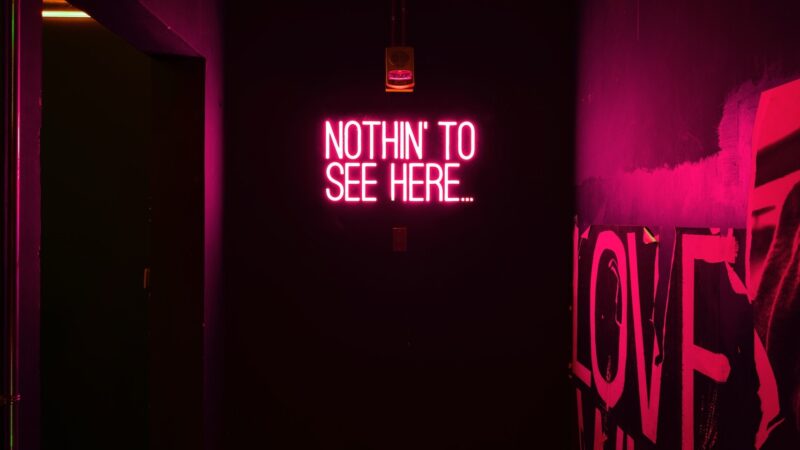In early 2023, I began watching NHK (Japan’s state broadcaster, akin to the BBC) and discovered a breath of fresh air. A news channel that tells the news in English and has no weird politics or stances it pushes onto you. It was from this, that I noticed that a lot of their programs were different documentaries, mostly which were short that depicted various aspects of the nation’s culture and history. These often ranged from showcasing different cuisines to local history and sports from across Japan. It was from this, that I ended up on a show called ‘Cycling around Japan’, a simple show I must admit of individuals as the name would suggest, that cycle around Japan. A typical episode can be found here.
Its format is simple: follow a non-native individual on a bike around Japan, watching them interact with and appreciate the different locations across the country. As someone who has never been to Japan, nor bikes, why should I be drawn to such programming especially as it is something that would not attract an individual like myself? To understand that question, we must first look closer to home as to why I do not watch my country’s state broadcaster.
Although criticism of the BBC has always really existed, it has become heightened in the last twenty years regarding the content it produces and its lack of impartiality. What the BBC typically used to do well in was its long-form documentaries, we can think of these being narrated by individuals like David Attenborough. Additionally, there are also short formatted programs that showcase the beauty and appreciation for the country we call home. From this great catalog of work, we now look at the BBC and its programs. A recurring trend we have seen emerge is that of the widespread self-hatred that makes up the BBC and often its presenting class. In recent years numerous programming and shows have been produced on the failings and detractions of Great Britain and the British people. Of course, the BBC still does produce great work and shows for all, but the rest of the time it suffers from an oikophobic disease which is particular to the modern West. But NHK does not have/ hold this problem, the programming is largely these very respectful documentaries that promote Japan and its people.
The real question should be this, why does NHK work and the BBC receive widespread criticism? Well, I would argue it is because of shows like Cycling Around Japan, which we can contrast with other shows. How many times have you watched a show or a piece of media from the BBC, which has either been presented by someone who does not like the country they call home or completely misrepresents the nation as a whole? There is no Afua Hirsch, no David Olusoga and no Kehinde Andrews. I would argue this is part of a wider historical trend of showing only one side of a story, portraying the West/Europe in an ultimately negative light.
So why is Cycling around Japan different?
Firstly, this is common across all NHK shows. Nearly all the presenters have a deep love and interest in Japan, the subject matter they are dealing with. Moreover, all the non-Japanese who do the cycling speak fluent Japanese, having lived in the country for a decade-plus, possessing an already basic level of respect and appreciation for the culture they are traveling through and exploring. There are times when BBC presenters are not too interested in presenting Britain at all, opting to address their subjects at an arms-length with a slight hint of embarrassment. NHK does the complete opposite.
A show like Cycling Around Japan, works due to its simplicity and its appeal to traditional life, which for many makes the country a place of envy. From meeting furniture makers and sake brewers, we are constantly seeing and interacting with individuals dedicated to the perfection of their craft. It is this focus and interest in a wide range of activities all across the country, that creates this understanding and love of the little things in life. Combined with the added interest in beautiful scenery, clean peaceful streets, and rich history, we cannot help but fall in love with such a nation. A wholesome slice of life shown to us through the eyes of an English-speaking, non-Japanese person who throws themselves into every interaction and encounter.
This is partly why NHK works and the BBC does not; its state broadcaster has lost this love and appreciation for the country it calls home and subsequently cannot produce anything like this of substance. What we can observe is something rather achievable, a national broadcaster that produces simplistic but enjoyable content that is not self-loathing. Indeed, content can be as simple as allowing a non-native to cycle around the country, meeting and learning about the nation as they go, and make for an excellent watching experience. Meeting artisans, farmers, and musical instrument makers, we are presented with a truer reflection of the country and its many inhabitants.




